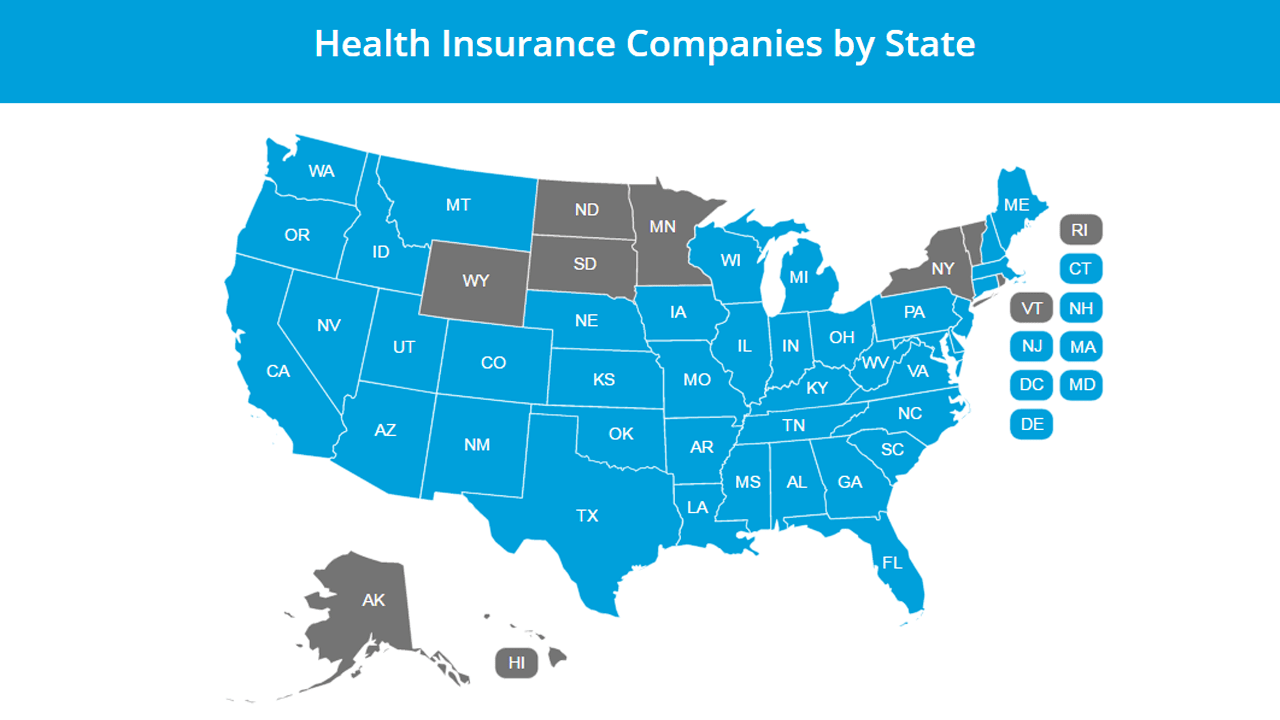Whole life and universal life insurance are both considered permanent policies. That means they're developed to last your whole life and won't end after a certain time period as long as required premiums are paid. They both have the potential to collect cash value in time that you may have the ability to borrow against tax-free, for any reason. Since of this function, premiums may be higher than term insurance coverage. Entire life insurance policies have a set premium, suggesting you pay the very same amount each and every year for your coverage. Much like universal life insurance coverage, entire life has the potential to accumulate cash value gradually, creating a quantity that you might have the ability to borrow against.
Depending on your policy's prospective cash worth, it may be used to skip a superior payment, or be left alone with the possible to build up worth gradually. Possible growth in a universal life policy will vary based on the specifics of your individual policy, along with other aspects. When you purchase a policy, the releasing insurance company establishes a minimum interest crediting rate as detailed in your contract. Nevertheless, if the insurer's portfolio makes more than the minimum rate of interest, the company might credit the excess interest to your policy. This is why universal life policies have the prospective to make more than an entire life policy some years, while in others they can make less.
Here's how: Since there is a money worth component, you might have the ability to avoid premium payments as long as the money value suffices to cover your required expenditures for that month Some policies might permit you to increase or decrease the death advantage to match your specific situations ** Oftentimes you might borrow versus the cash value that might have built up in the policy The interest that you might have earned in time accumulates tax-deferred Entire life policies use you a fixed level premium that will not increase, the possible to accumulate money worth over time, and a repaired death advantage for the life of the policy.
As a result, universal life insurance premiums are normally lower throughout periods of high interest rates than whole life insurance premiums, frequently for the exact same quantity of protection. Another crucial distinction would be how the interest is paid. While the interest paid on universal life insurance is typically changed monthly, interest on a whole life insurance coverage policy is generally adjusted annually. This might suggest that throughout durations of increasing interest rates, universal life insurance policy holders might see their money values increase at a rapid rate compared to those in entire life insurance policies. Some individuals may prefer the set survivor benefit, level premiums, and the capacity for growth of an entire life policy.
Although whole and universal life policies have their own unique features and benefits, they both focus on offering your enjoyed ones with the cash they'll need when you pass away. By working with a certified life insurance coverage representative or business agent, you'll be able to select the policy that best satisfies your specific needs, spending plan, and monetary goals. You can likewise get atotally free online term life quote now. * Provided necessary premium payments are prompt made. ** Boosts might go through extra underwriting. WEB.1468 (What is comprehensive car insurance). 05.15.
The 15-Second Trick For How To Become An Insurance Agent

You don't have to think if you should enroll in a universal life policy due to the fact that here you can find out all about universal life insurance coverage advantages and disadvantages. It resembles getting a preview before you purchase so you can choose if it's the best type of life insurance for you. Continue reading to find out the ups and downs of how universal life premium payments, money worth, and death advantage works. Universal life is an adjustable kind of irreversible life insurance coverage that allows you to make changes to 2 main parts of the policy: the premium and the survivor benefit, which in turn affects the policy's money value.
Below are some of the overall pros and cons of universal life insurance. Pros Cons Created to provide more versatility than whole life Does not have actually the guaranteed level premium that's available with whole life Money value grows at a variable interest rate, which could yield higher returns Variable rates likewise imply that the interest on the money value could be low More chance to increase the policy's cash value A policy typically requires to have a positive money worth to stay active Among the most attractive features of universal life insurance is the capability to select when and how much premium you pay, as long as payments meet the minimum quantity required to keep the policy active and the IRS life insurance guidelines on the maximum quantity of excess premium payments you can make (What does homeowners insurance cover).
However with this flexibility likewise comes some disadvantages. Let's review universal life insurance advantages and disadvantages when it pertains to altering how you pay premiums. Unlike other types of long-term life policies, universal life can change to fit your financial needs when your capital is up or when your budget plan is tight. You can: Pay higher premiums more regularly than required Pay less premiums less frequently and even skip payments Pay premiums out-of-pocket or use the money value to pay premiums Paying the minimum premium, less than the target premium, or skipping payments will adversely affect the policy's cash value.
